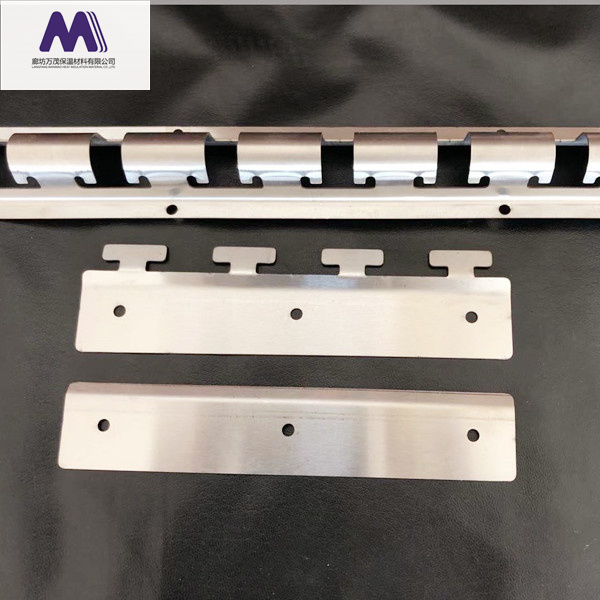- Afrikaans
- Albanian
- Amharic
- Arabic
- Armenian
- Azerbaijani
- Basque
- Belarusian
- Bengali
- Bosnian
- Bulgarian
- Catalan
- Cebuano
- Corsican
- Croatian
- Czech
- Danish
- Dutch
- English
- Esperanto
- Estonian
- Finnish
- French
- Frisian
- Galician
- Georgian
- German
- Greek
- Gujarati
- Haitian Creole
- hausa
- hawaiian
- Hebrew
- Hindi
- Miao
- Hungarian
- Icelandic
- igbo
- Indonesian
- irish
- Italian
- Japanese
- Javanese
- Kannada
- kazakh
- Khmer
- Rwandese
- Korean
- Kurdish
- Kyrgyz
- Lao
- Latin
- Latvian
- Lithuanian
- Luxembourgish
- Macedonian
- Malgashi
- Malay
- Malayalam
- Maltese
- Maori
- Marathi
- Mongolian
- Myanmar
- Nepali
- Norwegian
- Norwegian
- Occitan
- Pashto
- Persian
- Polish
- Portuguese
- Punjabi
- Romanian
- Russian
- Samoan
- Scottish Gaelic
- Serbian
- Sesotho
- Shona
- Sindhi
- Sinhala
- Slovak
- Slovenian
- Somali
- Spanish
- Sundanese
- Swahili
- Swedish
- Tagalog
- Tajik
- Tamil
- Tatar
- Telugu
- Thai
- Turkish
- Turkmen
- Ukrainian
- Urdu
- Uighur
- Uzbek
- Vietnamese
- Welsh
- Bantu
- Yiddish
- Yoruba
- Zulu
Creating High-Performance Solutions with Innovative Hardware Technologies and Designs
The Evolution and Future of Hardware Technology
In the realm of technology, hardware plays an indispensable role, forming the backbone of every device we interact with daily. From the humble beginnings of vacuum tubes to today's complex integrated circuits, the evolution of hardware technology has been nothing short of remarkable. As we step into a future dominated by artificial intelligence, the Internet of Things (IoT), and virtual reality, it is essential to explore the advancements in hardware and their implications for society.
Historical Context
The history of hardware technology began in the early 20th century with the invention of the vacuum tube, which paved the way for the first generation of computers. These early machines were enormous, consumed vast amounts of power, and generated substantial heat. However, they laid the groundwork for subsequent innovations. The introduction of the transistor in the late 1940s marked a pivotal shift; transistors were smaller, more efficient, and more reliable than vacuum tubes. This transition enabled the creation of smaller, more powerful computers, ushering in the second generation of computing.
The advent of integrated circuits (ICs) in the 1960s further revolutionized hardware technology. By combining multiple transistors into a single chip, ICs drastically reduced the size and cost of computers while enhancing their performance. This innovation led to the development of microprocessors, which became the heart of personal computers in the 1970s and 1980s, making computing accessible to the masses.
Modern Hardware Innovations
Today, we live in an era characterized by rapid advancements in hardware technology. One of the most significant trends is miniaturization. Moore's Law, which predicts that the number of transistors on a microchip doubles approximately every two years, has driven the miniaturization of components, allowing for powerful devices to fit into the palm of our hands. Smartphones, tablets, and wearable technology have emerged as examples of this trend, providing users with unprecedented computing power and connectivity.
Moreover, the emergence of specialized hardware has addressed the increasing demands for performance in specific applications
. Graphics processing units (GPUs), for instance, have become crucial for rendering graphics in video games and accelerating tasks in artificial intelligence. Furthermore, field-programmable gate arrays (FPGAs) offer flexibility for hardware design, enabling developers to tailor their systems for specific tasks efficiently.hardware

The Role of Hardware in Emerging Technologies
As we look forward, hardware will continue to play a crucial role in emerging technologies. The proliferation of the Internet of Things (IoT) is a prime example. Billions of connected devices are anticipated to populate our homes, cities, and workplaces, necessitating hardware that can seamlessly communicate and process data in real-time. This demand has led to the development of low-power microcontrollers and sophisticated sensors, enabling devices to operate efficiently while conserving energy.
Additionally, hardware advancements are crucial for the growth of artificial intelligence. Machine learning algorithms require significant computational power for training and inference. Innovations like tensor processing units (TPUs) and neuromorphic chips are being designed specifically to enhance AI performance, making it possible to run complex models faster and more efficiently.
Sustainability and Future Considerations
While the advancements in hardware technology are exciting, they also present challenges, particularly regarding sustainability. The production and disposal of electronic devices contribute significantly to environmental concerns, including e-waste and resource depletion. As such, the tech industry is increasingly focusing on sustainable practices—developing recyclable materials, designing energy-efficient components, and promoting the circular economy.
Furthermore, as we delve deeper into the future of hardware, the integration of quantum computing may redefine our understanding of processing power. Quantum computers leverage the principles of quantum mechanics to solve problems that are currently intractable for classical computers. This revolutionary technology could have implications for various fields, including cryptography, material science, and drug discovery.
Conclusion
In conclusion, hardware technology has undergone immense evolution since its inception, transitioning from bulky machines to the compact, powerful devices we rely on today. As we move into an era dominated by IoT, AI, and quantum computing, the importance of hardware will only grow. While we embrace these advancements, it is paramount to consider their environmental impact and strive for sustainability. The future of hardware technology is bright, and its potential to transform our lives is limitless.
-
Magnetic Thermal Door Curtains Energy-Saving & Insect-ProofNewsMay.19,2025
-
Klare PVC Türleisten Durable, Transparent & Waterproof Door StripsNewsMay.19,2025
-
PVC Strip Curtains Durable Faltvorhang & Türrollen aus PVCNewsMay.19,2025
-
Industrial & Commercial Freezer Curtains Energy-Saving Cold Storage SolutionsNewsMay.18,2025
-
Clear Garage Door Curtains Durable, Energy-Saving PVC Strip SolutionsNewsMay.18,2025
-
China Style Curtains Hangers - Durable & Elegant Home Decor SolutionsNewsMay.18,2025



